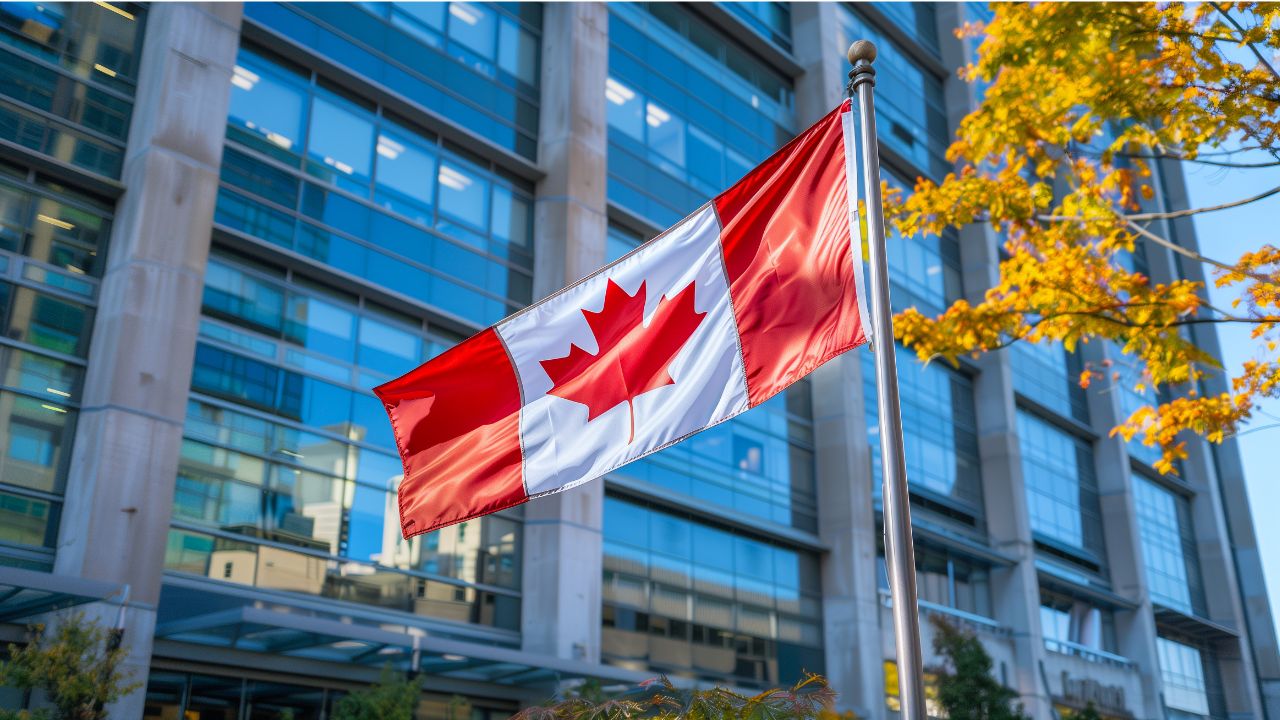Study in Canada has always been considered one of the options because of its high educational standards, vibrant multicultural cities, and attractive post-study work opportunities. However, this may dramatically change in 2024, as international student commencements could fall by 50% because of changes in policies related to visas, which also include a temporary cap on study permits that may affect the country’s appeal to aspiring students.
This move has created confusion and apprehension among potential students, which has seen a marked decline in the number of applications received. Not only will the move affect Canada’s higher education segment, but it also presents an opportunity for competing study destinations to lure more international students, such as the U.S., Germany, and Italy.
Understanding 2024 Study Permit Cap
The Canadian government, as early as January 2024, would try to impose a temporary cap on the number of study visas issued to international students. Such a cap would translate into an estimated 364,000 approved study permits by the end of 2024, a drop of 35% compared to the number issued last year. Canadian Immigration Minister Mark Miller announced that the country needs to find a way to control the increased number of students who are entering the country, with its strained infrastructure and resources.
In a recent report, ICEF Monitor estimated that the number of applications for study permits processed by the government of Canada was 54% fewer in Q2 2024 than the total in Q2 2023. This dramatic decline is indicative of broader trends, with ApplyBoard estimating that overall applications processed in 2024 will decline 39% year-on-year.
Study Permit Approvals: Projections 2024
These changes are starting to have real-world effects. If recent trends in the country continue, Canada is on pace to approve just about 231,000 new study permits in 2024. This would be a drastic 47% drop from the 436,600 new study permits approved in 2023 alone. The prospect of such a low approval rate, at below 51%, sees many students deferring or looking elsewhere to pursue their higher education goals.
Key Market Impact: Indian Students
India has over the years consistently been one of the largest contributors of international students to Canada, with a high rate of acceptance at 85 percent. As compared to the same six months of the year 2023, only half as many Indian students were approved for study permits in 2024. The reasons for this drastic decline can be pinpointed at the new visa cap and also miscommunication regarding the policy changes.
Shift in Demand Towards Other Destinations
Recent changes to Canada’s study permit policies have left international students looking at options elsewhere. According to research from Studyportals, students are looking more and more toward the U.S., Germany, and Italy—all of which have reported rising applications. ApplyBoard says global searches for “study in Canada” in 2024 were down 20% on 2023, confirming a wider trend of waning interest.
The ApplyBoard report indicates that partly driving this decline in the processing of study permits during the first half of 2024 has been students putting their applications on pause or deferring to look for other destinations that can offer more certainty and fewer restrictions. This is, therefore, one of the reasons why countries such as the U.S. and Germany reap a larger share of international student demand.
Impact on Postsecondary Programs
Most significantly, Canada’s temporary cap on study permits will affect those capped post-secondary programs by a projected 50% reduction of study permits in 2024. Cap-exempt programs are expected to see a 24% reduction. This reduction could have drastic implications for institutions that heavily rely on international students both for revenue and cultural diversity.
Conclusion
The decline by 50% in Canada’s international student commencements, therefore, in 2024, becomes a watershed moment in global education. While Canada’s temporary visa cap is perhaps necessary as a way to regulate infrastructure and resource challenges, it is patently apparent that such a decision is driving students toward other countries with more stable and predictable policies.
It will be of great essence to monitor policy changes as affecting international students and understand alternative destinations like the US, Germany, and Italy for the year 2024.





